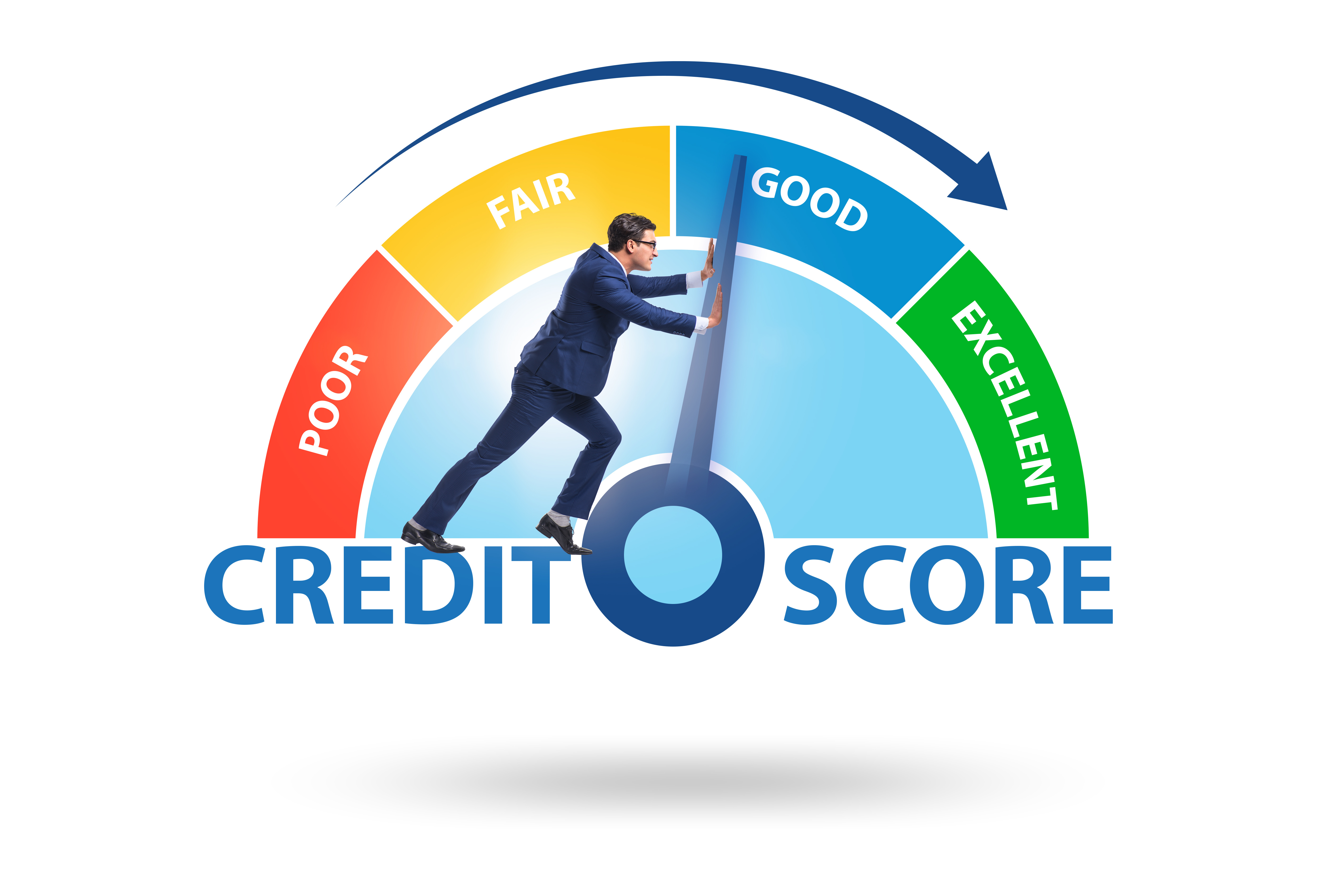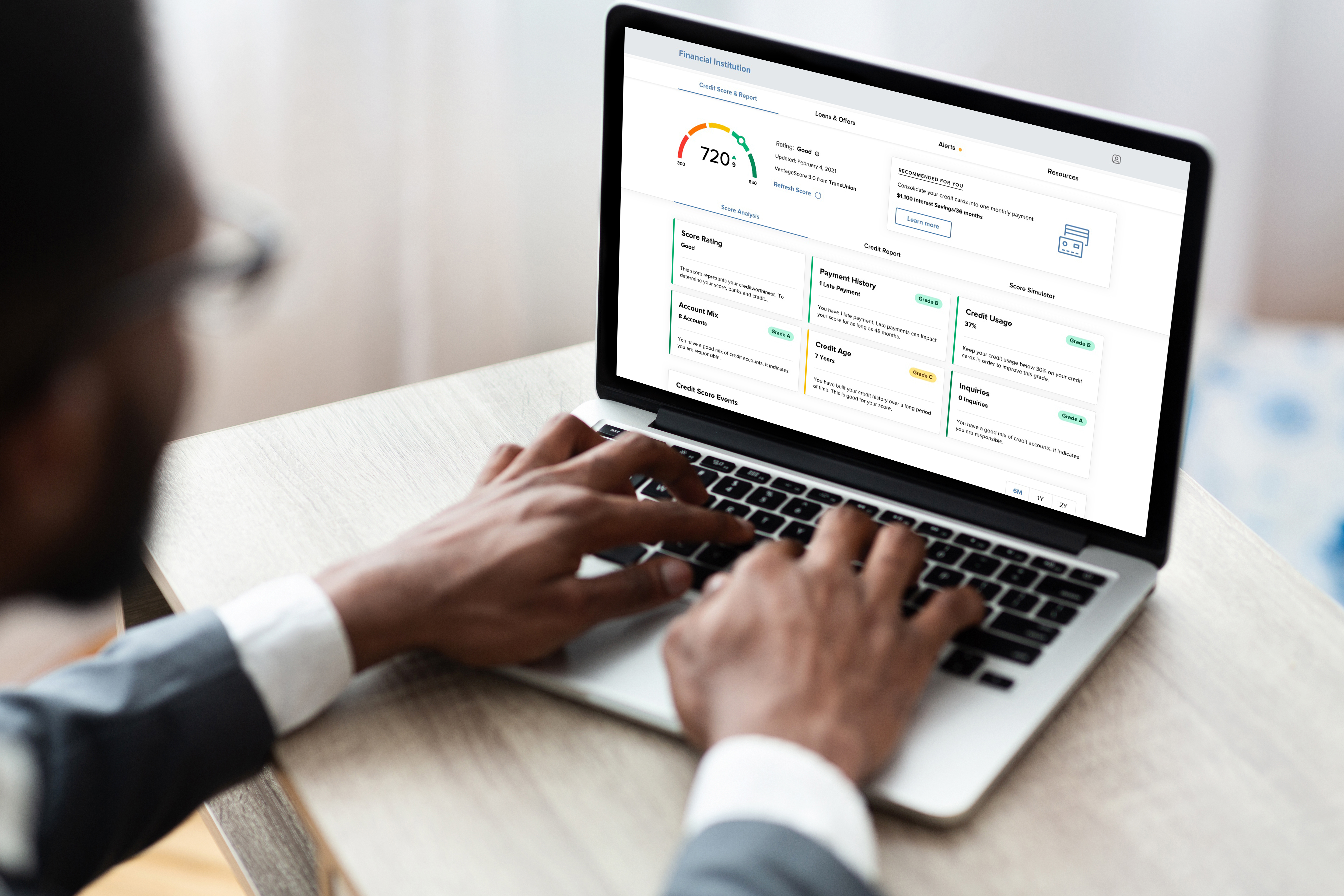Blog
Read our latest posts.


How Does Amortization Work?
Amortization is the process of spreading a loan into fixed payments over time, covering both interest and principal. Initially, more of the payment goes toward interest, but over time, more goes toward the principal. Common amortized loans include mortgages, auto loans, personal loans, and student loans. Non-amortized loans, like interest-only mortgages and credit cards, handle interest and principal differently. To save on interest with an amortized loan, consider making extra payments, rounding up payments, refinancing, or making bi-weekly payments. Always check for prepayment penalties before making additional payments.
Easy Side Hustles Almost Anyone Can Do
The gig economy is booming due to necessity, with 54% of U.S. adults taking side jobs, especially Gen Z (71%). Track daily activities to find extra time for gigs like dog walking, social media roles, freelancing, surveys, and online tutoring. Use app store reviews to find reputable gigs and be aware of self-employment taxes and scams.
14 Ways to Cut Household Expenses
The article provides budget-cutting tips, suggesting you swap nights out for nights in, limit subscriptions, and buy used items. It recommends paying more on debt monthly to reduce it faster. For food, it advises cooking at home, using leftovers, and planning meals. To lower bills, you can negotiate premiums, switch providers, and reduce utility usage. Small changes in spending can lead to significant savings.
Tipping Etiquette
The article outlines who to tip during the holidays and how much to tip them. Key suggestions include tipping delivery drivers at least 20% of the bill, home maintenance workers $30-$100, trash collectors $15-$30, dog walkers and babysitters the equivalent of one extra day or week's pay, and mail carriers with gifts up to $20. Planning your budget for holiday tipping ensures everyone is appreciated appropriately.
Stock Market Basics
Investing is essential for financial health and retirement planning. The stock market allows buying and selling of public (common and preferred) and private stocks. Public stocks offer ownership and potential income, while private stocks are limited to select investors. Brokerage accounts and investment apps like Robinhood enable stock trading. Prioritize contributing to 401(k) and IRA retirement funds, which invest in the stock market for long-term security.
The Cost of College Life
College expenses go beyond tuition to include textbooks, housing, and daily needs. Typical costs are tuition ($10,000-$50,000/year), textbooks ($500-$1,000/semester), housing ($5,000-$15,000/year), and meal plans/groceries ($2,000-$5,000/year). Budgeting is crucial. To reduce costs, consider scholarships, grants, work-study programs, community college, and sharing expenses with roommates.
Buying a Home
The article explains the home buying process, emphasizing cost considerations. Key points include saving for a down payment (typically 3-20%), getting preapproved for a mortgage, understanding additional costs like PMI, real estate agent fees (5-6% of purchase price), and closing costs (2-5% of the home's price). It also highlights the benefits and drawbacks of renting versus buying, such as tax deductions and equity building for homeowners, versus lower financial responsibility and flexibility for renters. It advises not to rush the decision and to carefully weigh all financial aspects.
Talking to Your Parents and Grandparents About Cybersecurity
In today's digital age, it's vital to teach older adults basic cybersecurity to protect them from sophisticated cybercriminals. Key points to discuss include recognizing phishing scams by verifying emails and avoiding suspicious links, using strong and unique passwords, keeping software updated with automatic updates and two-factor authentication, practicing safe browsing habits by avoiding suspicious sites and using antivirus programs, maintaining privacy on social media by limiting personal information and adjusting privacy settings, and regularly backing up important data using external drives or cloud services. These simple practices can help older adults navigate the internet safely and reduce the risk of cyber threats.
The Upside of Frugality
Frugal living, often about saving small amounts, can significantly increase wealth over time due to interest. Skipping a $5 daily coffee can save $1,800 annually, but investing these savings can grow them even more. Frugality means adopting habits like budgeting, DIYing, and using coupons. Reducing expenses now allows for greater future financial benefits, such as paying for a car, home, or college. In retirement, spending less can extend the longevity of your savings significantly. Ultimately, small savings today can lead to substantial gains in the future.
5 Money Tips I Wish I Learned Earlier
There are five essential financial tips that can significantly impact one's financial journey if learned early. These tips include starting to save money immediately, even if it's a small amount, as it accumulates over time. Understanding budgeting is crucial for managing income and expenses, which helps avoid unnecessary debt. It's important to avoid high-interest debt by responsibly using credit cards and paying off balances in full. Investing early is encouraged to benefit from compound interest, with a focus on retirement accounts and diversified investments. Finally, educating oneself about personal finance through books, workshops, and reliable sources empowers better financial decisions and protects against scams. Implementing these tips early can lead to long-term financial success and security.
Navigating the FAFSA Process
FAFSA, the Free Application for Federal Student Aid, is crucial for securing financial aid for college. It determines eligibility for grants, scholarships, work-study programs, and federal student loans. The application process involves gathering necessary documents, creating an FSA ID, listing colleges, providing financial information, and reviewing and submitting the form. Tips for maximizing aid include submitting early, providing complete information, and updating details as needed. Common mistakes to avoid are waiting too long, ignoring instructions, and forgetting to sign. Completing FAFSA accurately can unlock significant financial support for higher education.
8 Lessons to Teach Kids about Credit for Grades K–12
Teaching kids about credit can be broken down by age group to make the concept more understandable. For young children (grades K-5), focus on basic differences between credit and debit using simple analogies and games. Middle schoolers (grades 6-8) can learn about maintaining a good credit score and the importance of building credit, with practical activities to simulate credit use. High schoolers (grades 9-12) should understand establishing credit, choosing the right credit cards, and managing loans, using real-life scenarios and classroom activities to illustrate these concepts. This gradual learning approach helps integrate credit understanding into their lives, making it easier to manage as adults.
How to Improve Credit Score
To improve your credit score, focus on five key factors: payment history, age and type of credit, credit utilization, recent balances, and recent credit applications. Strategies to boost your score include checking for and disputing errors on your credit report, paying bills on time, maintaining low credit card balances, keeping old credit accounts open, being cautious with new credit applications, and having a diverse mix of credit types. Remember, improving your score takes time and patience, often showing results over 12 to 18 months.
Explaining Credit Score
Your credit score may seem random, but it tells lenders and other creditors a lot about your financial behavior. It’s calculated from a mix of factors in your credit report and suggests how likely you are to fulfill financial obligations, such as a lease or loan.
What are VideoTellers, and Why do we have them?
If you've been to one of our branches, in the lobby or the drive-thru, you've probably noticed our VideoTellers. If not, they are the large, lime-green, and blue machines that look like an ATM, but they're so much more. So, let's talk about it.
Smart and Simple Steps to Take After Being Scammed
Today, there are so many ways for con artists to scam you. So, don't blame yourself if you've fallen into their devious trap. Here's what steps to take if you've been a victim of fraud.
4 Tips for Using Peer-to-Peer Payment Apps
There is no denying the speed and convenience of Peer-to-Peer Payment apps. But they aren’t risk-free, so make sure you’re aware of potential pitfalls before you hit Send. Here are some things to look out for when using a P2P app.
Smart and Simple Ways to Safely Shop Online This Holiday Season
Holiday shopping for your friends and family is a whole lot easier than it was decades ago. Clicking online while sipping cocoa on your warm sofa definitely beats dashing through the snow and waiting in the packed checkout lines. But make no mistake – online holiday shopping isn’t perfect. ‘Tis the season for scammers, fraudsters, con artists, and other tech-savvy grinches to try and ruin your holiday happiness.
Mental Health and Money Management
Money is an essential part of our lives, and it can have a significant impact on our mental health. The way we manage our finances can either contribute to or detract from our overall well-being. Let's explore the connections between mental health and money management and talk about how setting boundaries with yourself, taking care of yourself, and exercising self-control can improve your financial health and your mental health.Ready to join? Let's get started.
Wherever you are on your financial journey, we make banking smart and simple.
